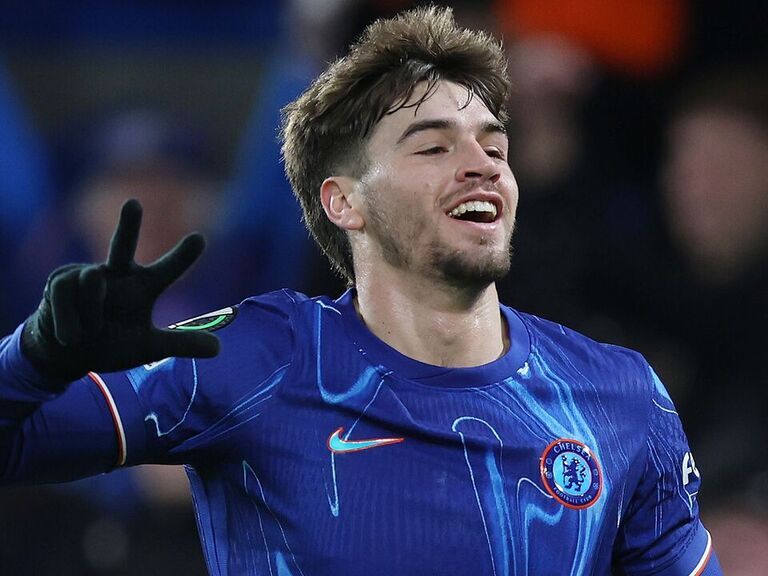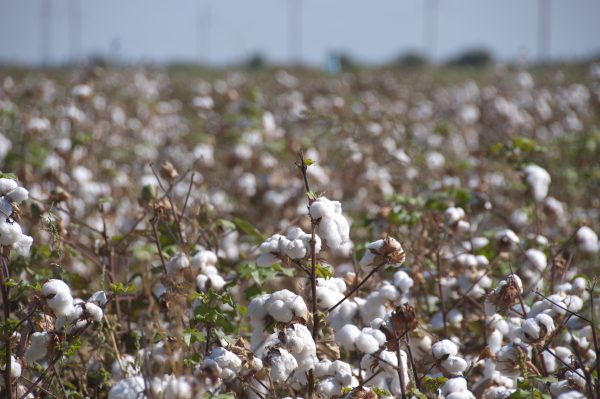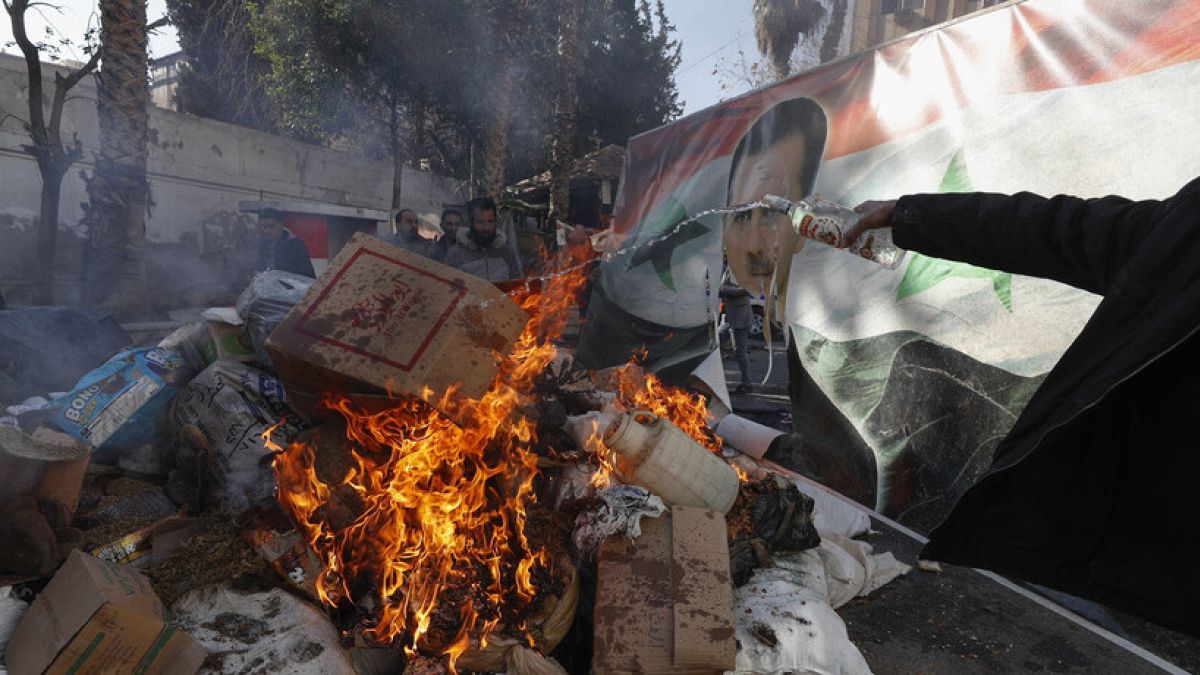It is the start of a new era in German football: a female chief at the helm of one of the largest European football leagues and mandatory sustainability criteria for the 36 biggest German clubs.
The 36 members of the German football association “Deutsche Fußball Liga” (DFL), which organises the highest levels of football in Germany, the Bundesliga and its second league, had announced their ambition to enshrine sustainability criteria as a prerequisite for playing in the league.
Introducing sustainability criteria for the DFL will be a massive endeavour. “We are talking about a participant in the Champions League as well as a promoted team from the 3rd league,” explained departing chief Christian Seifert on 14 December.
Henceforth sustainability in the “ecological, economic and social” dimensions would be the “main guideline for the actions of the DFL,” reads the amendment of the organisation’s charter passed during the members’ meeting on 14 December.
This resolution represents “the first important steps in setting the course for the future,” explained Helene Breit, chair of fan group Unsere Kurve (Our Stands). The most popular sport in Germany, “committing itself to sustainability is a good step,” explained Greens EU lawmaker Michael Bloss.
Consequently, the club’s new sustainability credo will be reflected in its licensing criteria, following inputs from a wide variety of sources.
A mix of the UN’s sustainable development goals (which range from the fight against poverty to climate action), assessments by external experts, the group’s sustainability working group, inputs from clubs and the inter-club “responsibility working group” will be the basis of the criteria the members must pass in 2022.
While little information is available on what these criteria will entail, DFL has promised that clubs will continue pursuing extant sustainability measures. “It’s emphatically not about proclaiming the great equalisation,” Seifert told journalists.
For the German sustainability leader Vfl Wolfsburg, that would mean running its stadium on 100% renewable energy, employing energy-saving LED spotlights, and saving water.
Tight timeline
For DFL, which continues its endeavour of looking for a corporate social responsibility and sustainability manager, time is tight. In the 2022/2023 season, it wants to pilot its new commitment to sustainability.
As the association has yet to present anything substantial, “things will only really get interesting when the DFL presents the criteria,” Breit told EURACTIV.
The little time the organisation has available to overhaul its licensing criteria will mean that club’s worlds will not be upended immediately. “Something like this can’t happen overnight. That’s why you give it a little bit of time,” said Seifert.
However, there are concerns about whether the DFL will be consistent. The association “must not focus on mere targets here, but must implement strong measures,” Bloss told EURACTIV.
After the pilot phase, DFL will begin to phase in sustainability criteria in its certification process for the 2023/2024 season. It could then “impose appropriate conditions and sanctions” for failing to meet the criteria.
Football organisations putting sustainability on their banners tend to be accused of “greenwashing” their operations.
Training camps on other continents, domestic flights to away games, and private jet flights for players that are often presented on social networks ensure that professional soccer does not present a good public image in some respects, wrote football magazine Kicker.
As the sustainability criteria continue to be opaque and extend to comparatively financially weak third league clubs seeking to ascend to the second league, its initial iteration looks like it will lack bite.
“You should also not present it right from the start again as not sufficient or not far enough or too unspecific,” Seifert told journalists as he presented the timeline.
The fans who had pushed for the change welcomed the resolution, “but there is still a long way to go,” said Breit.
There are also concerns about the impacts on the initiative on smaller clubs. The DFL must be “prepared to support the financially weaker clubs,” said Bloss.
“Otherwise, there is a danger that the gap between rich and poor clubs will widen.”
The beginning of a new era in German football
For Seifert, it is the end of an era and a time of change for the organisation he built up to the marketing and media conglomerate it is today.
“Christian Seifert has left his mark on the league,” said Hans-Joachim Watzke, the board’s new head. The DFL can now boast a €4 billion turnover, having experienced a 300% growth during Seifert’s tenure.
He will resign on 22 December and be followed by former Bild executive Donata Hopfen in 2022, who will have to wrangle the league into sustainability.
[Edited by Alice Taylor]























Discussion about this post